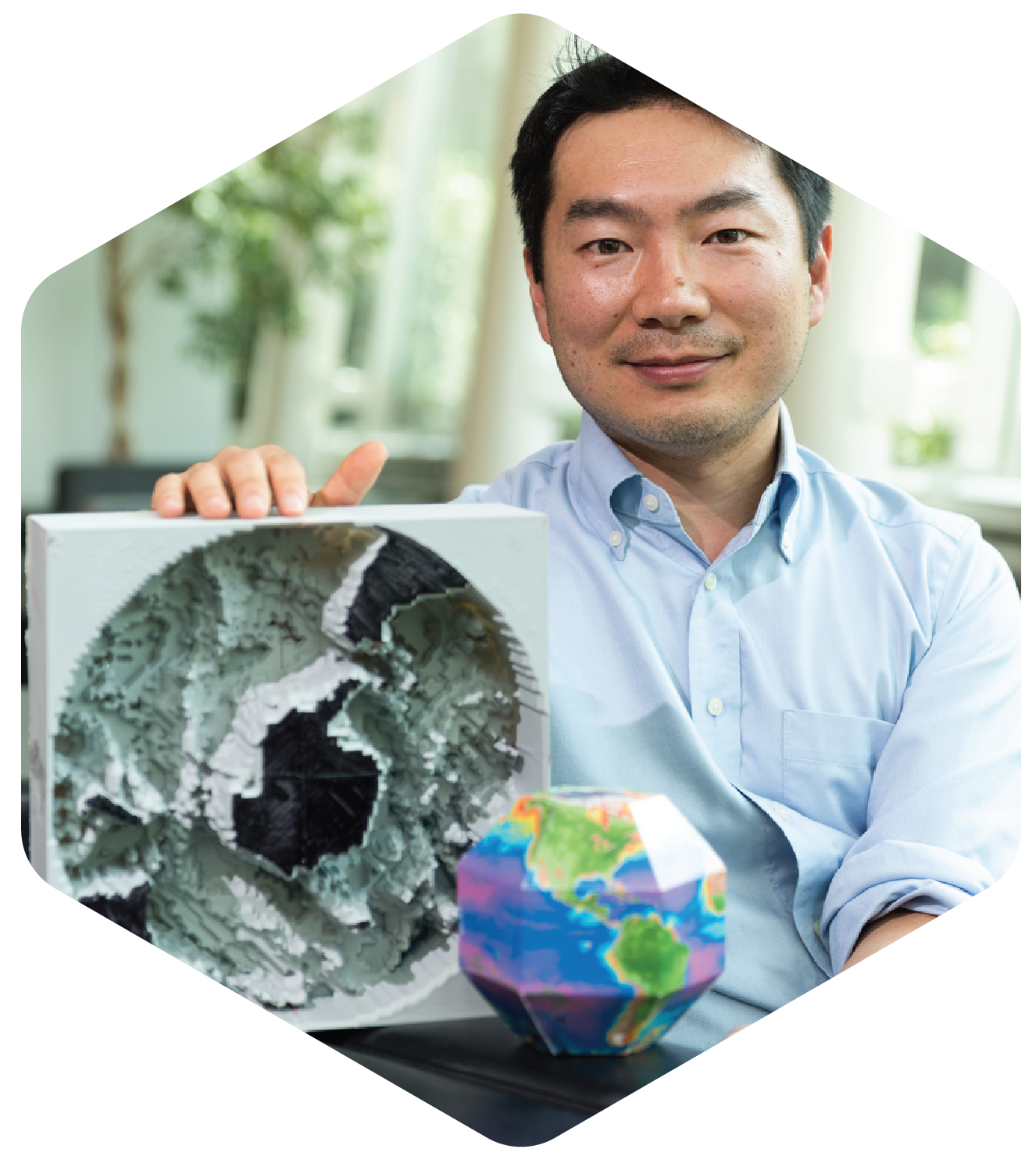
Minors + Certificates:
Sustainable Cities, Building Construction, Public Policy, MSE
Student Orgs:
Overview:
The study of weather and earth processes to prepare students to solve pressing issues related to global warming, energy resources, water supply, and natural disasters in their respective careers.
Advisor Contact:
Intro Courses:
EAS 1600 Introduction to Environmental Science
Introduction to environmental field science. Case study approach. Exposure to basic field equipment and techniques, analysis of data.
EAS 1601 Habitable Planet
Introduction to the origin and evolution of Planet Earth, creation of the universe and the elements, early history of Earth, radioisotope geochemistry and the timing of events in the universe, the galaxy, and on Earth. Formation of the atmosphere and oceans. Climate.
EAS 2600 Earth Processes
The purpose of this course is to provide you with an understanding of how the Earth works and how it affects you. As an inhabitant of Earth, it is important that you understand the processes that shape the landscape, cause natural hazards, influence climate change, and produce natural resources. Knowledge of how the Earth works can also help you in your daily lives. For example, it is useful to be able to evaluate potential geologic hazards when buying a home, make informed decisions about the use and conservation of natural resources, and better appreciate features you might encounter in the mountains, at the beach, when visiting a national park, or Middle Earth (New Zealand). We will be exploring Earth Science topics as they are exemplified through the ever and rapidly changing environment of the North Island of New Zealand with both in-class, and field-based examples.
